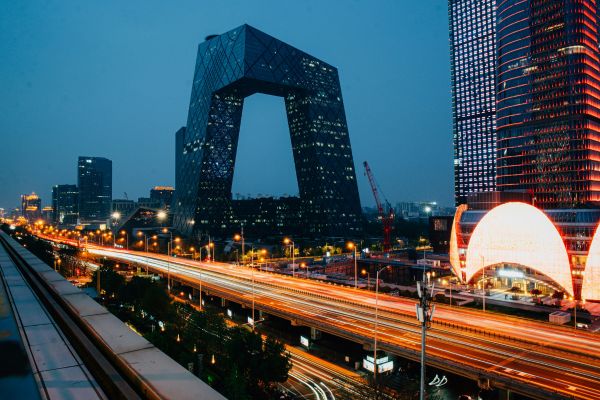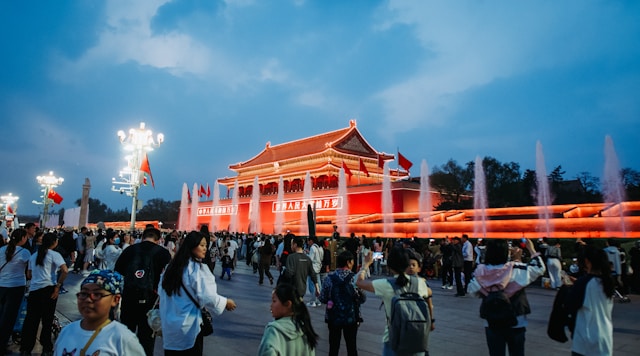
China promulgated its first-ever Civil Code in May 2020, which includes seven parts, i.e., General Principles, Real Rights, Contracts, Personality Rights, Marriage and Family, Succession, Liability for Tort, and Supplementary Provisions. The Liability for Tort is its seventh part.
For related posts on the PRC Civil Code, please click here.
For China Civil Code (Free English Version), please click each part as follow:
Book I General Principles (English, Chinese)
Book II Real Rights (English, Chinese)
Book III Contract (English, Chinese)
Book IV Personality Rights (English, Chinese)
Book V Marriage and Family (English, Chinese)
Book VI Succession (English, Chinese)
Book VII Liability for Tort (English, Chinese)
Previously, China has promulgated the Tort Liability Law. After the promulgation of the Civil Code, the Law will be abolished accordingly on 1 Jan. 2021 when the Civil Code enters into force.
“Part VII Liability for Tort” can be divided into three subparts, ten chapters in total. The ten chapters are General Provisions, Damages, Special Provisions on Subjects of Liability, Product Liability, Liability for Motor Vehicle Traffic Accidents, Liability for Medical Malpractice, Liability for Environmental Pollution and Ecological Damage, Liability for Ultrahazardous Activities, Liability for Harm Caused by Domesticated Animals, and Liability for Harm Caused by Buildings or Objects.
We have selected some noteworthy points as follows:
1. Liability for Tort and Faults
The liability for tort can be divided into three categories according to whether the perpetrator is at fault:
(1) Fault liability: if the perpetrator infringes upon the civil rights and interests of others due to the fault and causes damage, it should bear the liability for tort.
(2) Presumed fault liability: if it is presumed that the perpetrator is at fault according to law, and the perpetrator cannot prove otherwise, it shall bear the liability for tort.
(3) Strict liability: if a perpetrator shall assume the tort liability according to the law for causing damages to the civil rights and interests of others regardless of whether the perpetrator is at fault or not, it shall be subject to the provisions.
2. Damages
Where the tortfeasor infringes another person and causes personal injury, the tortfeasor shall make the following compensation:
(1) The tortfeasor shall make compensation for reasonable expenses incurred for treatment and rehabilitation such as medical fees, nursing fees, transportation fees, nutrition fees, hospitalization meal subsidies, etc., and the decreased income due to lost time at work.
(2) If the tortfeasor caused a disability of the infringed, the tortfeasor shall also compensate the infringed for assistive equipment fees and disability compensation.
(3) If the tortfeasor caused the death of the infringed, the tortfeasor shall pay the infringed funeral expenses and death compensation.
(4) If the tortfeasor caused serious mental damage to the infringed nature person, the infringed shall have the right to claim compensation for mental damage.
In case of infringement upon another person’s property, the property loss shall be calculated according to the market price when the loss is incurred or by other reasonable means. If a person intentionally infringes upon the intellectual property of others and the circumstance is serious, the infringed shall have the right to request for the corresponding punitive damages.
3. Liability of Guardian
If a person without or with limited capacity for civil conduct causes damage to others, his/her guardian shall bear the liability for tort.
4. Liability of Network Service Providers
If a network service provider knows or should know that the network user uses its network service to infringe the civil rights and interests of others, but fails to take necessary measures, the net service providers shall bear joint and several liability with the network user.
5. The Liability of Product Producers and Sellers
Where the infringed has suffered damage due to a defect in the product, the infringed may seek compensation from the product producer or from the seller.
If the defect in the product is caused by the producer, the seller may, after paying compensation, claim the same from the producer. Where the defect in the product is caused by the seller, the producer may, after paying the compensation, claim the same from the seller.
6. Liability for Environmental Pollution
Where the environmental pollution or ecological damage causes damage to the infringed, the perpetrator of the pollution shall be presumed to bear liability for tort, unless the perpetrator proves the following circumstances:
(1) there are situations where the perpetrator can disclaim or mitigate liability as provided for by the law; or
(2) there is no causal relationship between its action and the damage.
7. Liability for Falling Objects
Where an object thrown from a building or an object dropped from a building causes damage to others, the tortfeasor shall bear tort liability according to law.
However, if the specific tortfeasor cannot be determined upon investigation, the user of the building who may have caused harm shall make compensation unless he/she can prove that he/she is not the tortfeasor.
The English translation of the PRC Civil Code is currently available for pre-order on China Justice Observer. If you are interested in a pre-order, please contact Meng Yu via e-mail at meng.yu@chinajusticeobserver.com. The PRC Civil Code of 110,123 Chinese words in total are translated into English, and the English translation (estimated at 60,000 words) is priced at US$ 4400. We will provide the English translation and the English-Chinese version within 2 weeks.
Photo by Alana Harris (https://unsplash.com/@alanaharris) on Unsplash
Contributors: China Laws Portal Team







